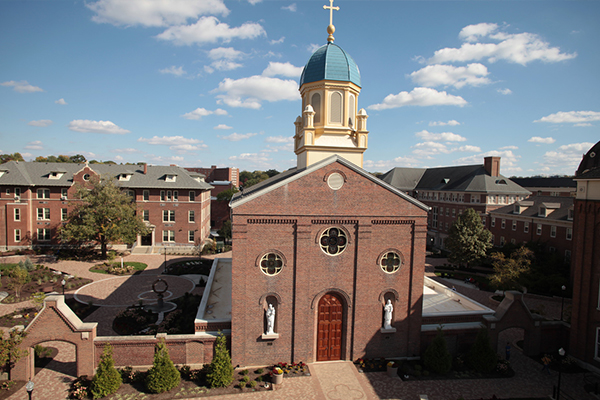
ELIFF Call for Proposals
By Christopher Miller
Section A: Overview of the Fund
The Experiential Learning Innovation Fund for Faculty (ELIFF) supports Experiential Learning innovation across the curriculum at the University of Dayton. The fund supports all faculty in the implementation and integration of creative, high-impact Experiential Learning programs and activities in University courses.
Approximately five stipends of $200-$500 will be awarded to faculty members for Fall 2018 courses. Preference will be given to faculty and departments which have not already been awarded funds. The deadline to apply is Wednesday, April 25 at 11:59pm, and recipients will be announced in May.
The funds may be used for supplies, event fees, and/or student transportation costs associated with the Experiential Learning activity or program designed by the faculty member(s). Interdisciplinary and transdisciplinary collaboration is encouraged.
Up to three faculty members may submit a single, collaborative proposal application, as long as students in their separate courses will work together on the same Experiential Learning activity or program. Selected faculty will be involved in an Experiential Learning community cohort which includes a campus conversation event in the Learning Teaching Center to acknowledge faculty work in advancing experiential learning at UD.
Recipients will also be featured on the Experiential Learning website. The Office of Experiential Learning also requests that ELIFF recipients submit a follow-up survey about the ELIFF program/activity at the end of the semester.
Section B: Experiential Learning Goals
Successful applicants will demonstrate how they plan to incorporate the following aspirational goals into their proposed experiential learning activity or program.
● Learning outcomes for the experiential activity/program, linked to the course, intended to help students understand what the faculty member hopes they will learn from the experience.
● Opportunities for students to be immersed in an active, self-guided learning experience where they can experiment and test out ideas in new and diverse settings, on or off campus.
● Purposeful reflection components or assignments intended to deepen and generate learning by prompting students to make meaning of the experience.
● Faculty mentorship and guidance intended to help students make connections between the learning experience and other personal, academic, and professional aspects of their education.
● Faculty mentorship and guidance intended to help students apply what they have learned through experiential learning to contexts beyond the classroom and prepare them to use their experiential knowledge in the world.
● An assessment of how and what students learned through the experience, intended to help students identify areas of improvement and to continually improve future EL activities/programs.
In addition to the above, experiential learning at UD is rooted in the University’s Institutional Learning Goals and Catholic Marianist identity. Successful applicants should demonstrate how the proposed EL program/activity advances at least one or more of the institutional learning goals into their: Scholarship, Faith Traditions, Diversity, Community, Practical Wisdom, Critical Evaluation of Our Times, and/or Vocation. Experiential Learning at the University promotes and reflects the values of diversity, equity, and inclusion, and should be accessible to all students.
Section C: Application and Selection Process
Faculty should complete a Google form application by Wednesday, April 25, 2018 at 11:59pm. The application includes a description of the experiential learning activity/program, the amount requested (up to $500) and how the activity/program incorporates experiential learning goals explained in section B. The Director of Experiential Learning and the Experiential Learning Advisory Group will review applications based on the following criteria:
- 1. Creativity in terms of thoughtful integration of experiential learning into the course
2. Extent to which learning outcomes for the experience are clearly articulated
3. The depth and intentionality of proposed reflection on experience
4. Perceived financial need and intended use of funds - Applications can be found here. If you have any concerns or questions, please contact Karen Velasquez, Director of Experiential Learning, at kvelasquez1@udayton.edu.